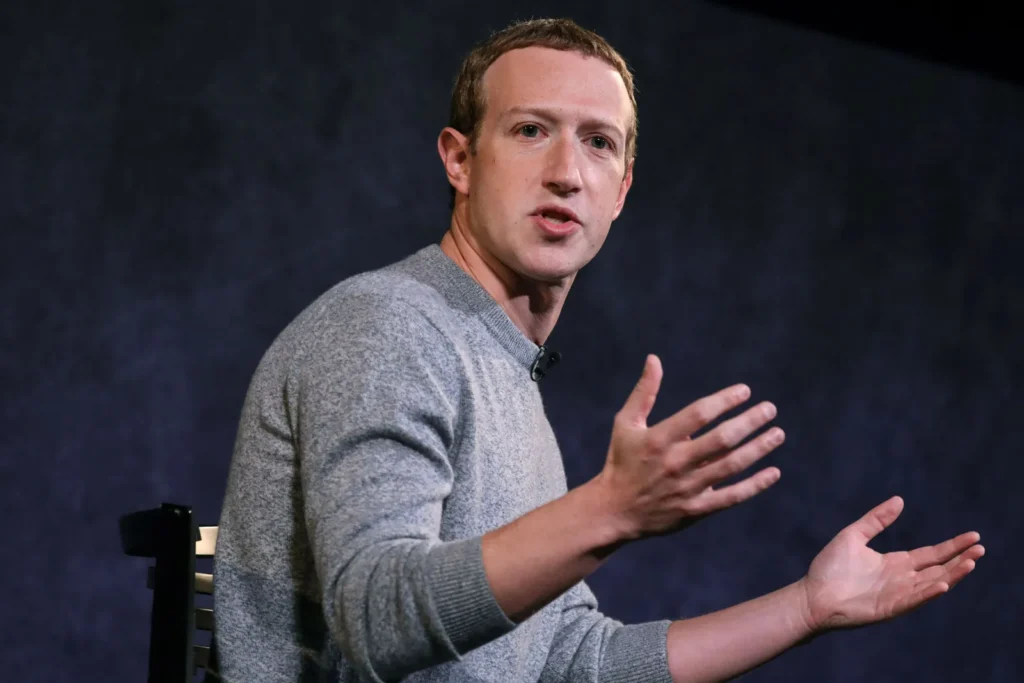
Meta Platforms and Chief Executive Mark Zuckerberg successfully dismissed a lawsuit claiming they misled shareholders in Meta’s proxy statement regarding their ability to ensure the safety of children using Facebook and Instagram.
On Tuesday, U.S. District Judge Charles Breyer in San Francisco ruled that the plaintiff, Matt Eisner, did not demonstrate that shareholders experienced economic losses due to Meta’s alleged inadequate disclosures. Judge Breyer stated that federal securities law does not require Meta to disclose the severity of sexually explicit content and child exploitation on its platforms or to outline all the child protection strategies it chose not to implement.
He noted, “In essence, Eisner would have had Meta argue against its own recommendations, tout the benefits of tools it ultimately rejected, highlight its own failures, and devalue its own successes. That is not necessary.” Eisner’s lawyers did not immediately respond to requests for comment, nor did the legal team for Meta and Zuckerberg. The lawsuit aimed to block Meta from holding its 2024 annual meeting until the proxy statement was amended, to void election results if the meeting took place, and to have Meta and Zuckerberg cover Eisner’s legal fees and costs.
In June, Breyer had already refused to enjoin the meeting, stating that many of Meta’s assurances in the proxy statement regarding their commitment to children’s safety were merely “aspirational” and did not warrant a lawsuit.
Tuesday’s dismissal was with prejudice, meaning Eisner cannot sue Meta and Zuckerberg again. However, Meta still faces lawsuits from dozens of state attorneys general accusing the company, based in Menlo Park, California, of addicting children to its apps while downplaying the associated risks.
Furthermore, Meta is involved in hundreds of lawsuits from children, their parents, and school districts concerning social media addiction, similar to the legal challenges faced by operators of TikTok, Snapchat, and other apps.